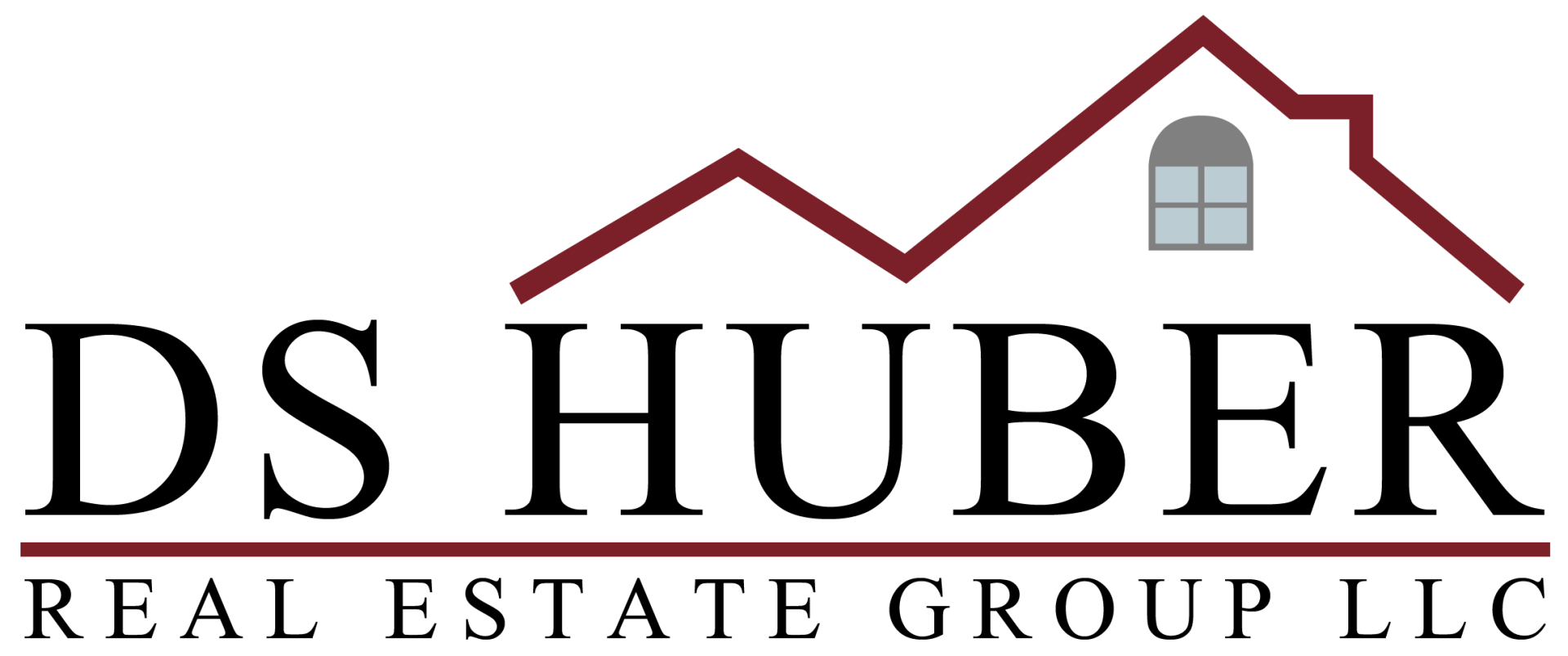Investing in Real Estate
How are you going to fund your real estate endavor?

If you want to start investing in real estate of flipping properties and you don’t have a bunch of cash available, you are going to need to use some sort of financing to start your venture.
The three common sources of funding for real estate investments are bank financing, hard money lending and private lenders.
The most common and most understood source of funding for most people is bank financing.
Bank financing is borrower driven, while hard money lending is deal driven. This means with bank financing your credit, assets and income are the most important things determining if you are going to get the loan, sure the lender is going to get an appraisal on the property for its current value, but your situation is the most important factor. On the other side of the coin Hard money loans are deal driven. This means the most important factor in if you are going to get funded or not is the how strong the deal is and the equity in the deal. Your credit and income play a very small part in you getting the loan or not.
The pros of bank financing:
- The lowest interest rates, currently typically less the 5.5%
- Low closing costs
- Great for long term financing
The cons of bank financing for investors
- They are sloooow, many times too slow to allow a deal to happen
- Don’t lend for renovations
- Must be well qualified to get financing
- Large down payments
- Limited number of loans you can have
- Only lend on current value
In summary, bank financing is great if you have good credit and documentable income, and are doing loans on properties you plan on holding long-term.
The pros of Hard money lending:
- Very fast: they can typically close in ¼ the time of bank financing
- Flexible, they can be used to get into many types of deal
- Low credit requirements
- Will fund renovations
- Will lend on after repaired value
The cons of Hard Money Lending:
- Very Expensive- Rates typically start at 10%
- High closing costs
In summary, Hard Money Loans are good for getting into a deal that you couldn’t do with traditional financing. They are best used for short term deals such as flips or buy fix and refinance. They are great when you need to act quickly.
The third type is private lenders. These loans are from individuals that you have a relationship with that want to put their money to work and earn higher interest rates then they can get via other investment options.
Private loans have many of the pros from both bank financing and hard money financing. They typically:
- Have rates between 6%-8% with virtually no closing costs
- Can close very quickly
- Cover purchase and renovations
- Are very flexible
- Are deal driven vs credit driven but track record and credibly is important
The biggest con to private lenders is it takes networking and time to build relationships with individuals with the capital to invest.
Once you have built a good solid relationship with a private lender they are worth gold to you and you are worth gold to them. It is one of those relationships that is truly a win-win. The relationships we have built with private lenders are invaluable to us and I’m sure all of them would say the same.
As you start to build and continue to build your real estate investment portfolio, building a relationship with a good investor friendly lender, and a hard money lender until you build a network of private lenders is crucial.




